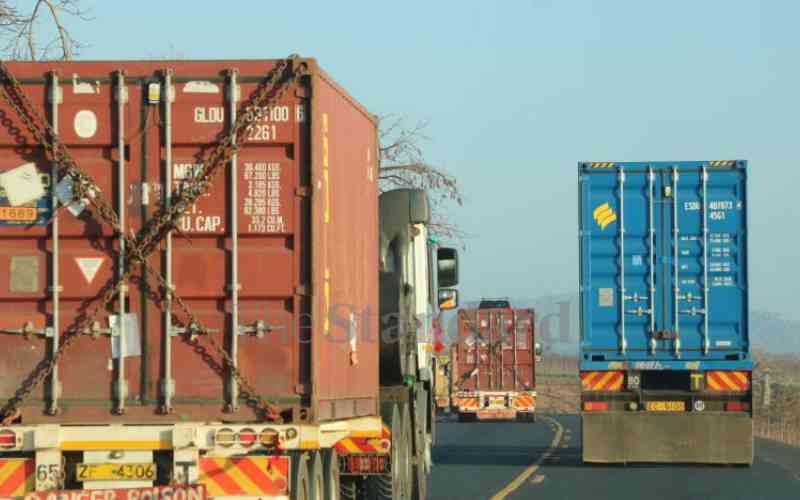×
The Standard e-Paper
Smart Minds Choose Us

The Finance Bill, 2023 is set for parliament in two weeks' time and the legislation that has elicited sharp reaction across the political divide will for the first time put President William Ruto's economic plan to the test.
On one hand, the government states that the Finance Bill 2023 presents a rational plan to raise the massive Sh3.6 trillion spending plan for the Kenya Kwanza administration's first year in office, amid high public debt and constrained revenues.







